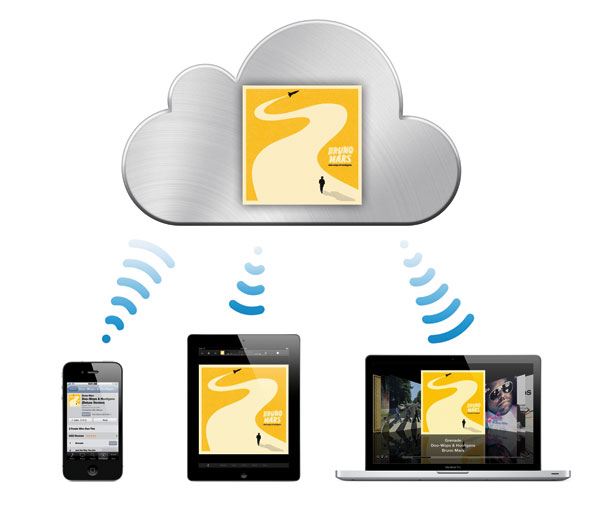 Apple is reportedly edging towards the launch of its rumored ‘iRadio’ music streaming service, with the tech giant said to be close to inking deals with major record labels Universal Music Group and Warner Music.
Apple is reportedly edging towards the launch of its rumored ‘iRadio’ music streaming service, with the tech giant said to be close to inking deals with major record labels Universal Music Group and Warner Music.
Citing “multiple sources with knowledge of the talks”, The Verge said Thursday that a deal with Universal could be finalized next week, with Warner “close behind”.
Earlier this month it was reported that Apple was in talks with both labels, though there was no word on whether the companies were close to reaching a deal.
It was suggested in a New York Post report in March that Apple was pushing the music companies to keep the royalty rates low as it sought a deal that would result in it paying 6 cents per 100 song streams – that’s half of what Pandora reportedly pays and considerably lower than the 35 cents or so that Spotify apparently pays the labels.
“Music label insiders suggest Apple — which is sitting on a cash hoard of roughly $137 billion — ought to pay at least the rate set by the Copyright Royalty Board, or about 21 cents per 100 songs streamed,” the Post said in its report.
While you can fully expect a company the size of Apple to drive a hard bargain, the companies it’s in talks with certainly won’t be pushed around. Indeed, Thursday’s report suggests that the Cupertino company has had to settle with royalty rates similar to those of Pandora.
The subject of royalty rates is a touchy one for Pandora, which recently had to impose a 40-hour limit on free mobile listening – with a payment plan for those who go over – in an effort to deal with rising rates.
The service, which launched in 2005, this week announced its user base had passed the 200 million mark after adding 100 million users in just under two years. These numbers are impressive (especially when you consider it’s not even available in Europe yet), but with Apple apparently planning to enter the music streaming space, Pandora and Spotify – together with other similar services – certainly have some interesting challenges ahead of them.
In order to launch its so-called iRadio streaming service – possibly as early as this summer – Apple reportedly still needs to strike a deal with Sony Music, though it’s not clear how talks are progressing with the entertainment company.


